Meet Colorado's psychedelic tribal and Indigenous community workgroup, convening May 8
DORA's tribal & Indigenous workgroup, mandated a year ago by Senate Bill 290 and recently appointed without fanfare, will meet Wednesday to discuss Colorado's natural medicine program

*Updated May 15, 2024 with additional information regarding Christine Diindiisi McCleave.
On Wednesday, May 8, Colorado’s Department of Regulatory Agencies (DORA) will hold the first meeting of its Federally Recognized American Tribes and Indigenous Community Working Group. The meeting is scheduled to run from 2 - 5pm Mountain Time.
For the past year, Colorado’s Natural Medicine Advisory Board, which started meeting in April of 2023, advised DORA on rules to implement the Natural Medicine Health Act (NMHA) and Senate Bill 290 (SB-290). In late 2022, Colorado voters approved the NMHA, which decriminalized four psychedelic plants and fungi and set the state’s regulated psychedelic industry in motion. In 2023, the Colorado legislature amended the NMHA by enacting SB-290.
Unlike the Advisory Board, which received significant media coverage when Governor Jared Polis announced its members in January of 2023, the tribal and Indigenous working group was quietly appointed by DORA without publicity.
The working group has been a long time coming. Last May, Polis signed SB-290, requiring DORA to assemble the group. During a summer Advisory Board meeting, DORA official Sam Bahrami said the working group might start meeting as early as August of 2023. However, nine months later, the group still hasn’t convened. Last month, DORA said the selection process for members was ongoing and the group’s first meeting would likely occur on May 8.
The year-long wait to assemble the working group is notable because SB-290 requires its formation “for the purpose of engaging and creating a dialogue to identify issues related to the commercialization of natural medicine,” including “avoiding the misappropriation and exploitation of the federally recognized tribes and Indigenous people, communities, cultures, and religions.” The law also requires the group to advise DORA on conservation issues regarding psychedelics and best practices to build trust with Indigenous people.
However, DORA recently released final draft rules for a significant portion of its natural medicine program, including rules applicable to Native Americans and other Indigenous communities, such as rules for psychedelic facilitator training and an accelerated licensing path for traditional healers.
Last week, DORA heard final public comments on those rules. The agency will adopt final rules sometime this month and file them with Colorado’s Secretary of State by May 31, 2024.
Because many of DORA’s final draft rules are already written, and will be finalized this month, one might ask what purpose is there for the tribal and Indigenous working group? Is its presence merely symbolic? Perhaps we’ll know more when the group convenes on Wednesday. The meeting agenda includes an orientation, discussion of a work plan and timeline, and planning for the group’s next meeting. The agenda includes no further details.
The working group includes ten people (nine voting members and one non-voting moderator). DORA describes five as residents of Colorado. The other five members live in Arizona, California, Minnesota, New Mexico, and New York. Two participants (Knight and Whiteman) are members of Colorado’s Ute Mountain Ute Tribe. One member (McCleave) represents the Turtle Mountain Anishinaabe (Ojibwe) Nation. Three members (Dayish, Eriacho, and Robbins) represent the Navajo Nation. One member (Guerra) represents Chicano culture and the Coahuiltecan of South Texas and Northeastern Mexico. Another (Allen) is a member of the Sac and Fox Nation of Oklahoma and the Northern Arapaho Tribe.
Most group members ostensibly represent tribal communities that utilize peyote cactus in ceremonial contexts. Peyote contains mescaline, one of five psychedelic substances encompassed by the NMHA and SB-290. However, both exclude mescaline derived from peyote, which remains criminalized under Colorado law.
At first glance, it appears that only one member (but perhaps two) represents communities that utilize psilocybin mushrooms. Notably absent from the working group are representatives of Indigenous communities who use iboga, an ibogaine-producing plant sacred to practitioners of the African Bwiti religion prevalent in Gabon and surrounding countries.
The working group also appears to lack representation of communities who utilize ayahuasca, which contains dimethyltryptamine and is utilized by Indigenous people in South America and churches throughout the United States.
The apparent absence of people experienced with religious or Indigenous use of ibogaine and dimethyltryptamine is notable because these substances are among the psychedelics DORA has authority to regulate and that Colorado healing centers could potentially dispense. SB-290 amended the NMHA to re-criminalize the sharing of iboga by individuals and communities, which voters had decriminalized by enacting the NMHA. SB-290 also fast-tracked potential regulatory approval of ibogaine, which would allow healing centers to offer it as early as 2025.
SB-290 does not limit the number of members who can serve on the working group, and DORA could appoint additional participants. However, because psilocybin is the only psychedelic certain to be offered by Colorado healing centers next year, the relative lack of representation of psilocybin practitioners suggests that aligning the group’s composition with the substances most likely to be regulated may not have been DORA’s priority.
The Federally Recognized American Tribes and Indigenous Community Working Group includes the following participants:
Tom Allen - Arvada, Colorado
Tom Allen is a member of the Sac and Fox Nation of Oklahoma and the Northern Arapaho Tribe. Of the newly appointed members, he has the smallest online presence. He serves on the Denver American Indian Commission, which advocates on behalf of the city’s American Indian community.
In 2019, Colorado Public Radio interviewed Allen for an article on the Denver March Pow Wow, a three day exhibition featuring over “1,500 dancers from close to 100 tribes from 38 states and three Canadian provinces.”
Allen told reporters many tribal elders meet at the Pow Wow to create and sell artwork. Since early childhood, Allen has created Native American beadwork, a skill he learned from his father.
“Beadwork is a expression of a Native American, I think, ingenuity and creativity,” said Allen in 2019. “I know when my father taught me to bead, he said there should be some kind of imperfection in it. ‘Cause we believe there's a spirit in what we make, and the imperfection is where that spirit will come out of it.”
Like his father once did, Allen works at the Denver Indian Center, described as “an urban cultural gathering center for the American Indian and Alaska Native community of the Denver Metro area.”
Daniel Castro - Boulder, Colorado
According to an online biography from the University of Colorado, Denver, “Daniel Castro-Kuthoomi (they/them) 44, is an Indigenous Mestizos Kichwa Two Spirits born and raised in Ecuador who has been on the Curanderismo path since the age of 12.”
Castro-Kuthoomi was “under the apprenticeship of Mama Ines and Taita Luis, medicine elders of the Kuyaloma community of Napo-Ecuador, since 2009,” and “is a licensed clinical mental health counselor and provides mental health support to the Colorado community through their private online practice, Decolonial Counseling, LLC.”
Castro is one of five protestors who took the stage during Rick Doblin’s closing remarks at the Psychedelic Science 2023 conference organized by the Multidisciplinary Association for Psychedelic Studies (MAPS).
Sherrill “Tekatsitsikwa Katsi Cook” Barreiro - Akwesasne, New York
Tekatsitsikwa Katsi Cook is a Wolf Clan Mohawk Native American Midwife. According to Inspire, a Canadian charity that invests in education for First Nations, Inuit and Métis people, Katsi Cook “is a beloved Native woman leader and Elder.” Inspire credits her with spawning “a new generation of Aboriginal midwives.” She reportedly “operationalized the exemption for Aboriginal Midwives under the Ontario Midwifery Act and Regulated Health Professions Act (1994).” That experience could prove helpful as DORA grapples with exemption criteria for Indigenous natural medicine facilitators in Colorado. However, as mentioned above, it remains unclear whether the working group will have input regarding the exemption.
Frank Dayish - Gallup, New Mexico
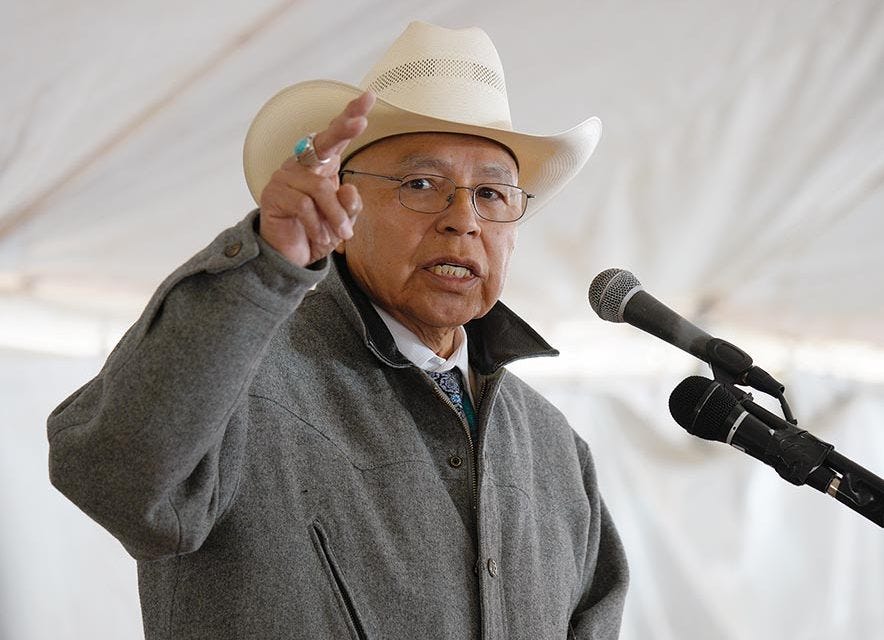
Frank Dayish is a two-time vice president of the Navajo Nation, serving from 2002 to 2006. In 2020, he became CEO of the Navajo Housing Authority. In 2022, Dayish launched a bid for the Navajo Nation presidency.
From 1986 to 1995, Dayish served as president of the Native American Church of North America (NACNA). He was a radio operator in the US Marine Corps in the 1970s. Dayish studied business at New Mexico State University before earning a Master of General Administration from the University of Maryland.
Belinda P. Eriacho - Tempe, Arizona
Belinda Eriacho is a Native American healer of Dine’ (Navajo) and Zuni ancestry. After Eriacho and her brother experienced illnesses, she was inspired to become a traditional healer.
Eriacho serves as Native American Engagement Coordinator for the Soundmind Institute, which trains psychedelic facilitators for Oregon’s psilocybin program and operates retreats in Jamaica, Oregon, and Pennsylvania.
Eriacho founded Kaalogii, a company that promotes Native American tradition and education. She earned her MPH from the University of Hawaii and bachelors and master of technology degrees from Arizona State University.
Santiago Ivan Guerra - Colorado Springs, Colorado
Santiago Ivan Guerra is an Associate Professor at Colorado College and Director of the Hulbert Center for Southwest Studies. Guerra teaches courses such as The Drug War, The Southwest: An Introduction, and The Mexican Immigrant Experience.
Guerra received his BA in Chicano Studies from Southwestern University and his MA and PhD in Anthropology from the University of Texas at Auston. From 2006 to 2008, Guerra conducted ethnographic field research studying drug trafficking in rural South Texas.
Terry G. Knight, Sr. - Towaoc, Colorado
Terry G. Knight, Sr. is a U.S. Air Force Veteran and a member of the Ute Mountain Ute Tribe. Described as a spiritual leader of the Tribe, Knight blessed the 2023 inauguration ceremony of Governor Polis.
According to Colorado Preservation, Inc., which honored Knight last year, he has a “long and lasting legacy of cultural preservation serving the Ute Mountain Ute Tribe for more than four decades.”
Christine Diindiisi McCleave (moderator and non-voting participant) - Minneapolis, Minnesota
Christine Diindiisi McCleave, a citizen of the Turtle Mountain Anishinaabe (Ojibwe) Nation, moderates Colorado’s working group and is not a voting member. McCleave describes herself as a scholar and activist. She has “been working in Indian Country at the national level for more than 10 years.” From 2015 - 2022, she was CEO of the National Native American Boarding School Healing Coalition. McCleave is currently vice president of the Psychedelic Society of Minnesota, and she provides Indigenous consulting services through ChristineMcCleave.com.
McCleave holds a bachelor’s degree in communication studies and a master’s in leadership. She is currently a PhD student in Indigenous Studies at the University of Alaska Fairbanks.
Marlena Robbins - Berkeley, California

Marlena Robbins is a member of the Navajo (Diné) Nation pursuing a doctorate in public health at UC Berkeley. According to Robbins, her dissertation “examines the cultural, social, and policy aspects of psilocybin use within Native American communities, highlighting differences between urban and rural perspectives.”
At the Berkeley Center for the Science of Psychedelics (BCSP), Robbins serves as the Indigenous Science Student Fellow. She previously served as a consultant to the Substance Abuse and Mental Health Services Administration (SAMHSA), as well as an expressive art facilitator with a behavioral health organization in Mesa, Arizona. Robbins earned a BS in Criminal Justice & Criminology and an MS in American Indian Studies from Arizona State University.
Darwin Whiteman Jr. - Towaoc, Colorado
Darwin Whiteman, Jr. is a member of the Ute Mountain Ute Tribe. In 2023, he was elected to serve on the Tribe’s governing council. Whiteman ran against eight other candidates to secure one of two available seats.
Since 2010, Whiteman has served as a security consultant and investigator at the Ute Mountain Casino in Towaoc, Colorado. “I want to build on our strengths, listen to the people and strive forward so that everybody benefits,” he said in a victory speech after the election. His policy plans included supporting tribal hemp cultivation, exploring whether the casino should offer sports betting, and reviving a pottery store at Ute Mountain. “Our people make a lot of arts and crafts and need a place to sell those,” said Whiteman. “The pottery store was our first business and has a lot of history, and we need to get it back open.”
*The views expressed on Psychedelic Week do not represent the views of Harvard University, POPLAR at the Petrie-Flom Center at Harvard Law School, Florida State University or its College of Law, or Yale University. Psychedelic Week is an independent project unaffiliated with these and other programs and institutions.
Mason Marks, MD, JD is a Visiting Professor of Law at Harvard Law School. He is also the Florida Bar Health Law Section Professor at Florida State University, senior fellow and project lead of the Project on Psychedelics Law and Regulation (POPLAR) at the Petrie-Flom Center at Harvard Law School, and an affiliated fellow at the Information Society Project at Yale Law School. Marks teaches drug law, psychedelic law, constitutional law, and administrative law. Before moving to Florida, he served on the Oregon Psilocybin Advisory Board where he chaired its Licensing Subcommittee. Marks has drafted drug policies for state and local lawmakers. His forthcoming book on psychedelic law and politics will be published by Yale University Press. He tweets at @MasonMarksMD and @PsychedelicWeek.




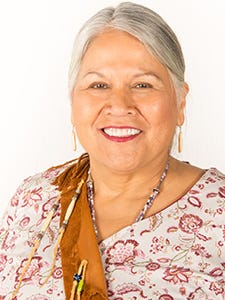
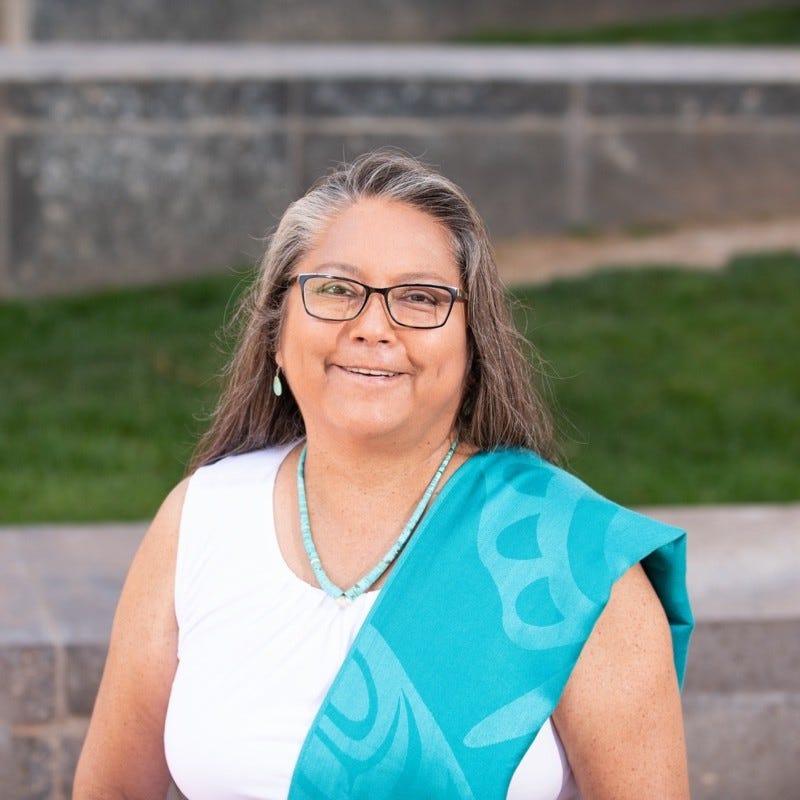

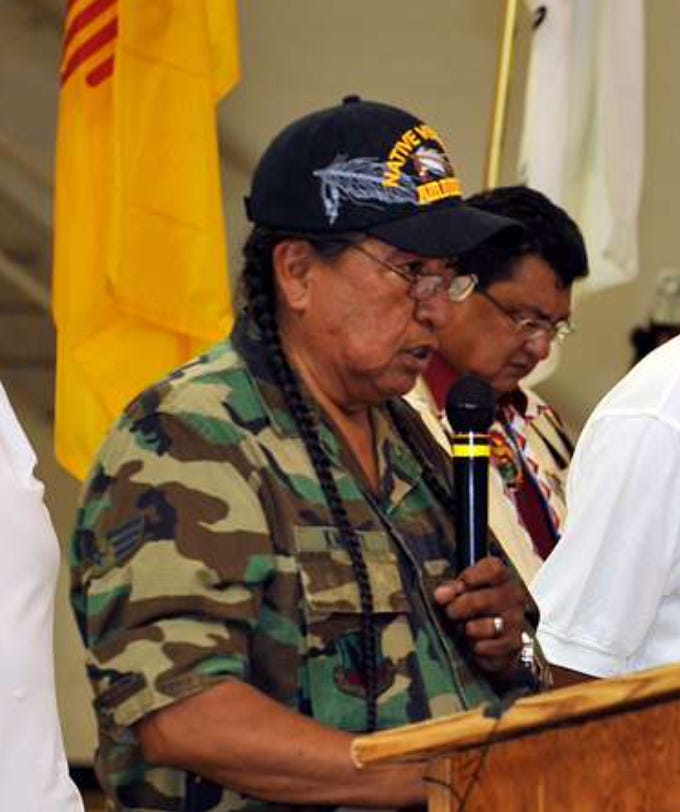
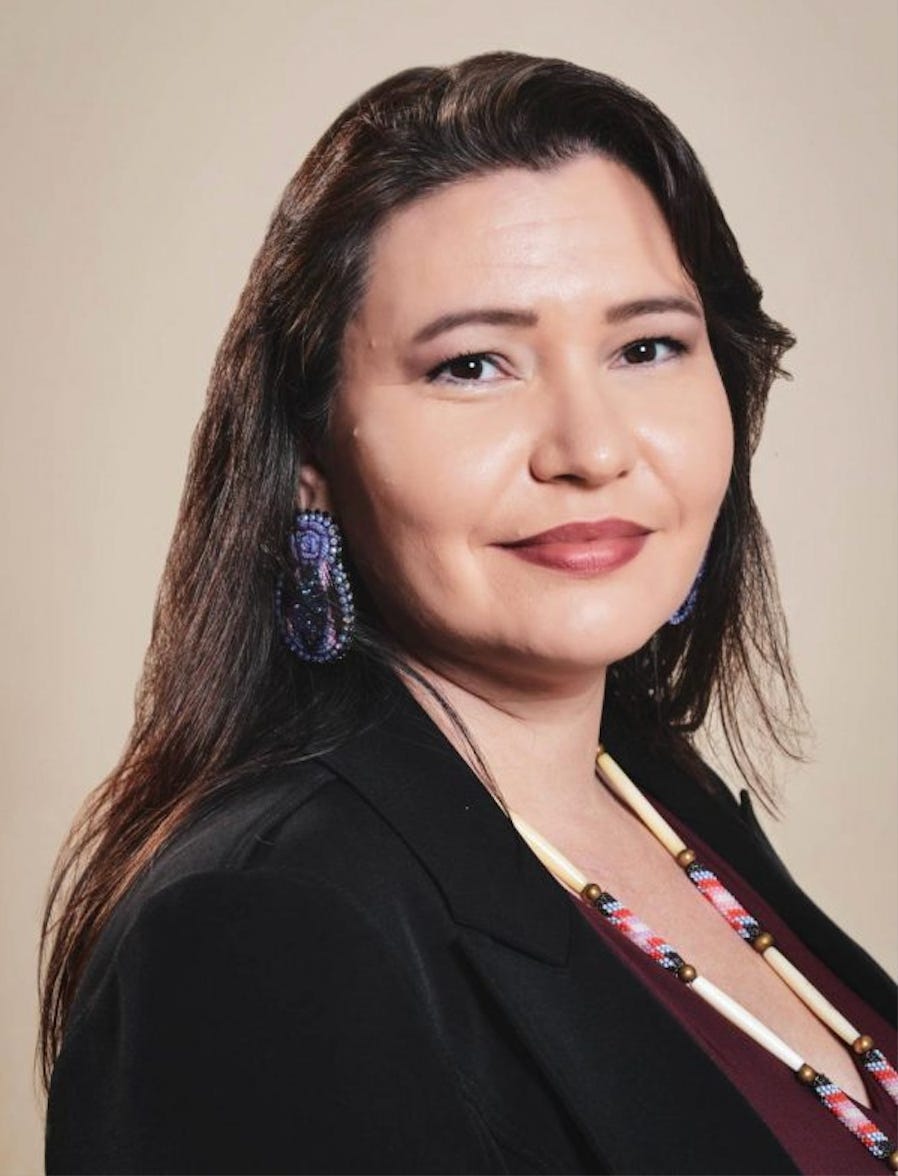
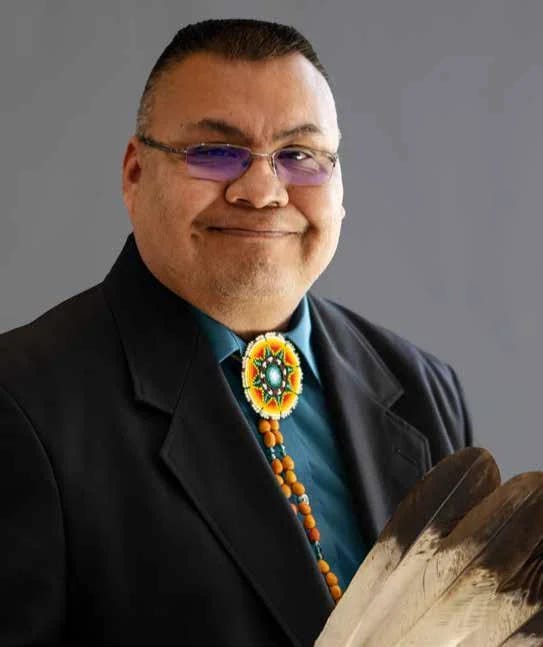
Thank God for the smallpox virus.
This is a joke. EVERYONE in Colorado knows Dan Castro is a fake. He is obviously a white dude with daddy issues. He's not "indigenous", his parents were Christian missionaries in Ecquador and he's a NATURAL BORN U.S. CITIZEN. He's a fake and a cultural appropriator. The others are all Native American, but WTF do they know about mushrooms and Ayahuasca? As a white person, for me it's simple - stay true to the wishes of the legit tribal elders and I don't touch peyote. Of course, these jackals just want to cash in on the $$$. It's disgusting.